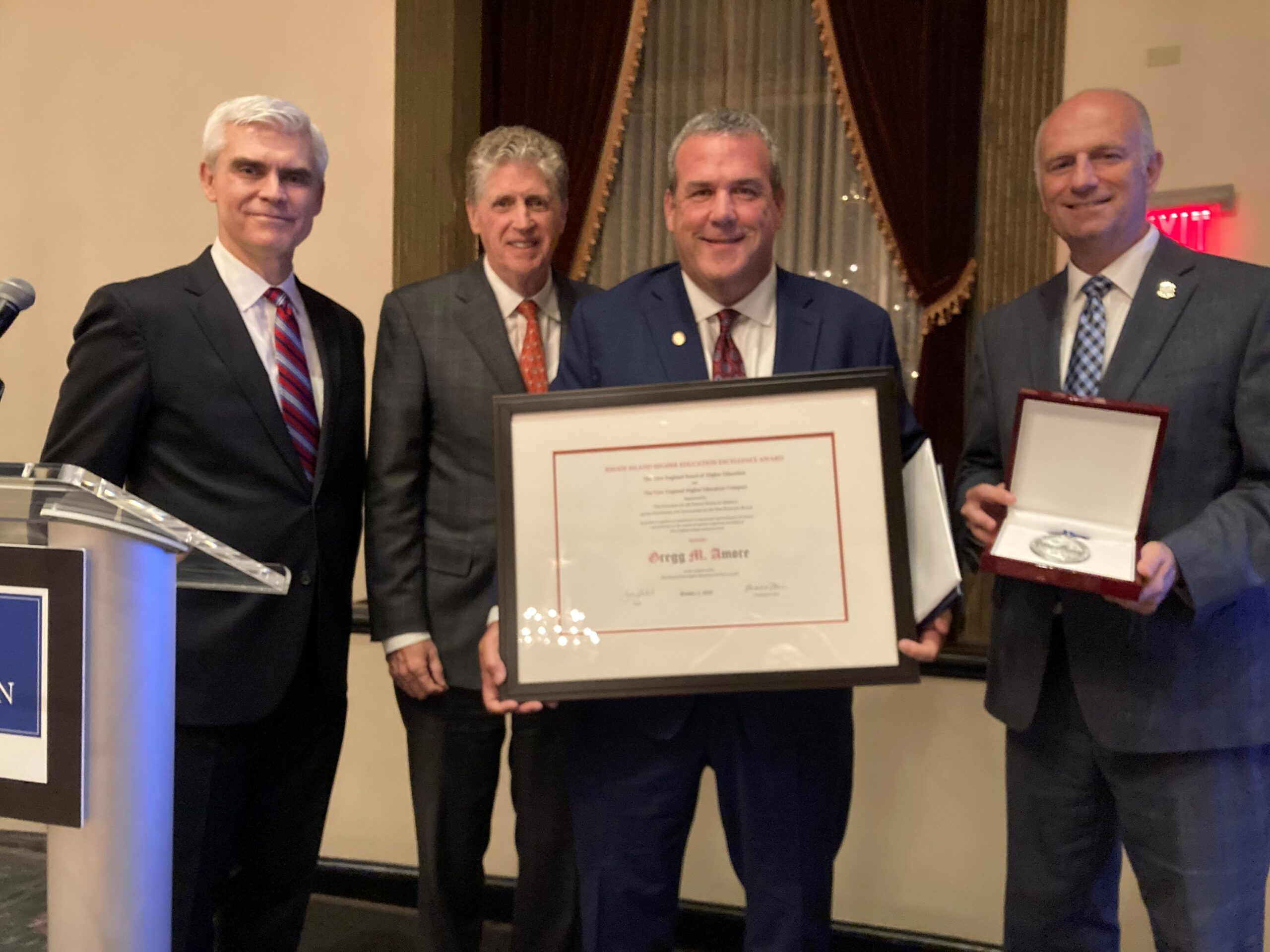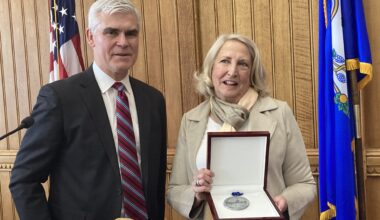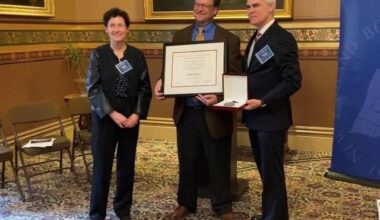Editor’s Note: A previous version of this Newslink incorrectly reported New Hampshire as ranking first in the U.S. for completion rates of students who began at four-year public institutions. It actually ranks second. This Newslink has been updated to reflect that.
New Hampshire is among the top states in the U.S. in completion rates of students who began studies at four-year public institutions, while Rhode Island leads the nation among students who began studies at four-year private nonprofit institutions, according to the National Student Clearinghouse Research Center (NSCRC).
Completion outcomes for students that started at the region’s community colleges, however, are similar to or behind the U.S. overall, according to the NSCRC’s recent Signature 8 Report, which captures a broad swath of students in its degree completion rates analysis. The clearinghouse’s analysis is based on whether a student completed a degree at any participating institution in the U.S., not just the institution where the student began his or her studies, which is how graduation rates are traditionally calculated.
Some key findings in the report illustrate the strength of New England’s four-year colleges and universities in setting up students for successful degree completion:
- Four of the five New England states that submitted data on students who began at four-year public colleges had higher degree completion rates than the U.S. overall.
- At 75%, New Hampshire’s degree completion rate was the second highest in the nation for students beginning their studies at four-year public institutions.
- Students who began at four-year private nonprofit colleges had higher degree completion rates in five of six New England states than the U.S. overall.
- Students who began at Rhode Island’s four-year private nonprofit colleges and universities had the highest degree completion rate in the nation at 85%.
| Rhode Island: Gregg Amore and Kasim Yarn |  |
| Connecticut: The Hon. Roberta B. Willis |  |
| New Hampshire: Senator Lou D’Allesandro and Robin DeRosa |  |
| Vermont: Scott Giles and and Alice Miller |  |
[table “14” not found /]
Findings for students who began at the region’s community colleges were less encouraging:
- None of the four New England states that submitted data on students who began studies at two-year public institutions had degree completion rates above the nation’s.
- A higher share of students who began at these states’ community colleges ultimately dropped out (did not complete a degree and are not still enrolled anywhere) than for the U.S. as a whole.
[table “15” not found /]
When thinking about degree completion at two-year public institutions, however, context is critical: Students at community colleges are more likely to enroll less-than-full-time, extending the time to degree, and typically face greater challenges to college success than students in other sectors.
State policymakers and higher education leaders concerned with boosting college completion in the region have been looking to address the issue with a variety of approaches. Some states are targeting specific gaps in college persistence among different groups of students, such as Rhode Island’s work through the Providence Children and Youth Cabinet, while others have included college completion as a primary target of far-reaching master plans, such as Connecticut’s strategic master plan for higher education. In Maine, state legislators have tied the conversation on college completion with college affordability through a recent commission study.
Despite degree completion successes across New England, the region undoubtedly has room for improvement. In fact, degree completion rates will need to increase even more if the projected labor needs for more college-educated workers come to pass. New England’s rich and diverse resources, policies and programs to support and improve college completion have gotten us this far; higher education stakeholders must continue to carefully consider which approaches will be most effective in their context to drive further success.
Related Posts:
[ssba]
